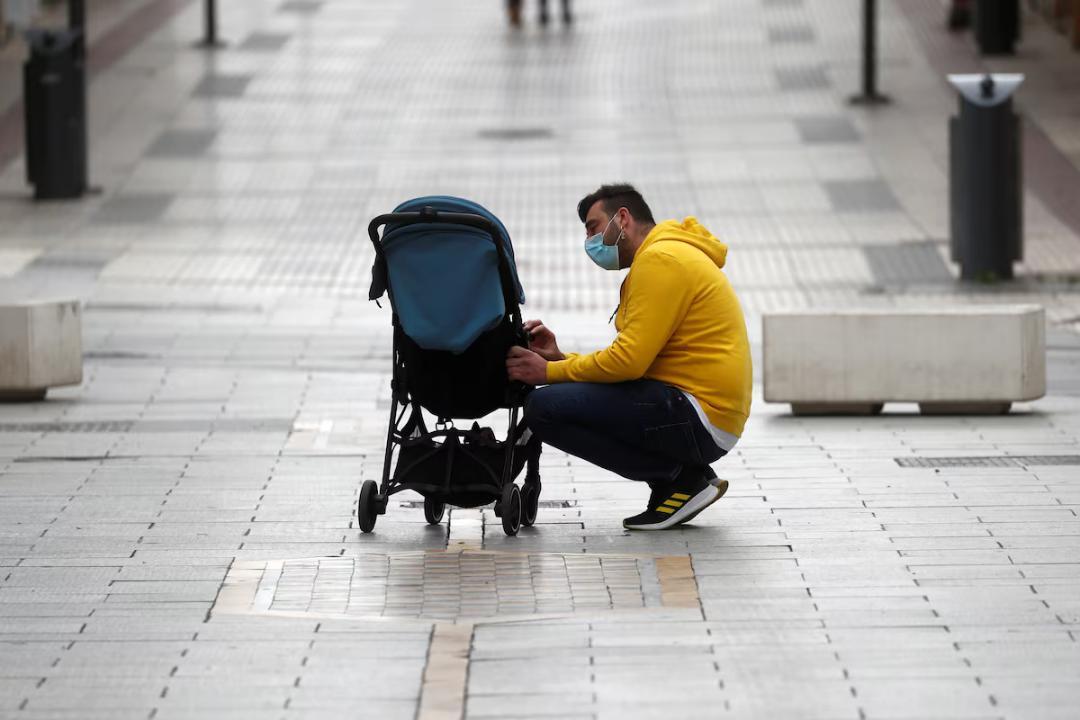
Spain to Offer 17 Weeks of Parental Leave to Both Mothers and Fathers
In a significant move towards promoting gender equality and supporting new parents, Spain has announced plans to extend its parental leave policy, giving both mothers and fathers an additional week of paid leave after the birth of a child. This will bring the total parental leave period to 17 weeks, making Spain one of the most generous countries in Europe when it comes to parental leave.
According to a recent article by Reuters, the Spanish government has approved a new law that will give both mothers and fathers the right to take 17 weeks of fully-paid parental leave after the birth of a child. This is a significant increase from the current 16 weeks of leave that mothers are entitled to, and marks a major step forward in promoting gender equality in the workplace.
Spain is already one of the most progressive countries in Europe when it comes to parental leave, and this new law will bring the country in line with Finland, which is the only other EU country to offer equal, fully-paid birth leave to both parents. The new law is seen as a major victory for feminism and a significant step forward in promoting gender equality in the workplace.
According to the Spanish Minister of Equality, “Spain is moving towards feminism…and there’d be no turning back.” The minister added that the new law is a major step forward in promoting gender equality and supporting new parents, and that the government is committed to ensuring that both mothers and fathers have the same rights and opportunities.
The new law is part of a broader effort by the Spanish government to promote gender equality and reduce the gender pay gap. The government has set a target of reducing the gender pay gap to 10% by 2030, and has announced a range of measures to achieve this goal, including increasing the minimum wage for women and promoting equal pay for equal work.
The new parental leave law is also seen as a major step forward in supporting new parents and promoting family-friendly workplaces. The law will allow both mothers and fathers to take time off to care for their children, which is expected to lead to a range of benefits, including increased job satisfaction, better work-life balance, and improved child development.
The law is also expected to have a positive impact on the economy. Studies have shown that when both parents are able to take time off to care for their children, it can lead to a range of benefits, including increased productivity, reduced turnover rates, and improved employee retention.
The new law is part of a broader trend towards more generous parental leave policies in Europe. In recent years, a number of countries have announced plans to increase their parental leave allowances, including France, which has introduced a new law giving parents the right to take up to 28 weeks of fully-paid leave.
The trend towards more generous parental leave policies is driven by a range of factors, including changing societal attitudes towards work and family, as well as the need to promote gender equality and reduce the gender pay gap.
In conclusion, Spain’s decision to offer 17 weeks of parental leave to both mothers and fathers is a major step forward in promoting gender equality and supporting new parents. The law is part of a broader effort by the Spanish government to promote gender equality and reduce the gender pay gap, and is expected to have a range of benefits, including increased job satisfaction, better work-life balance, and improved child development.






